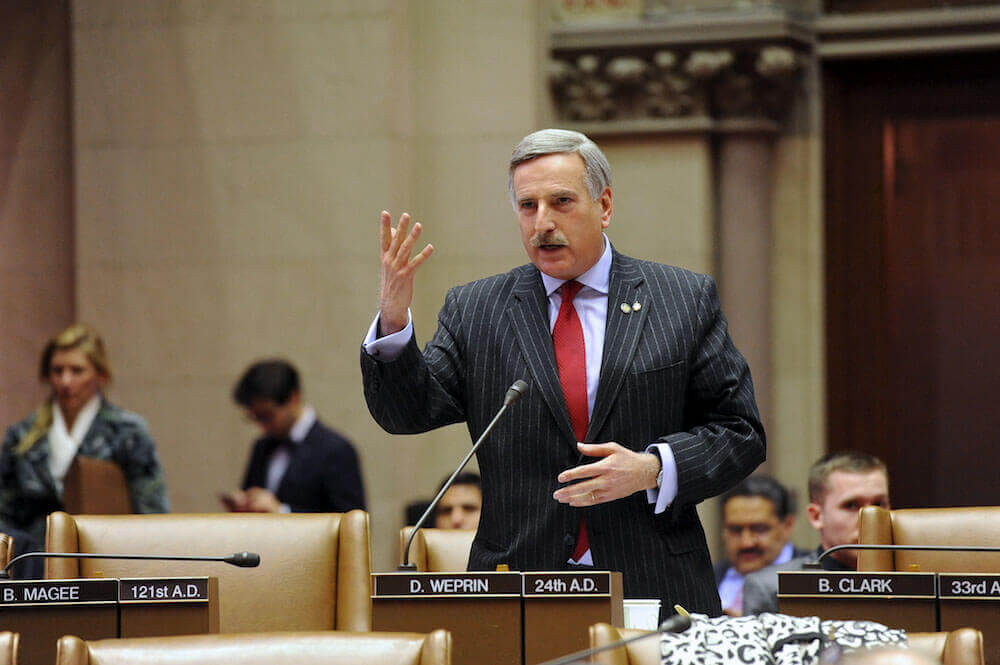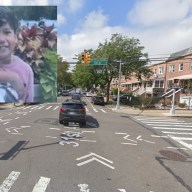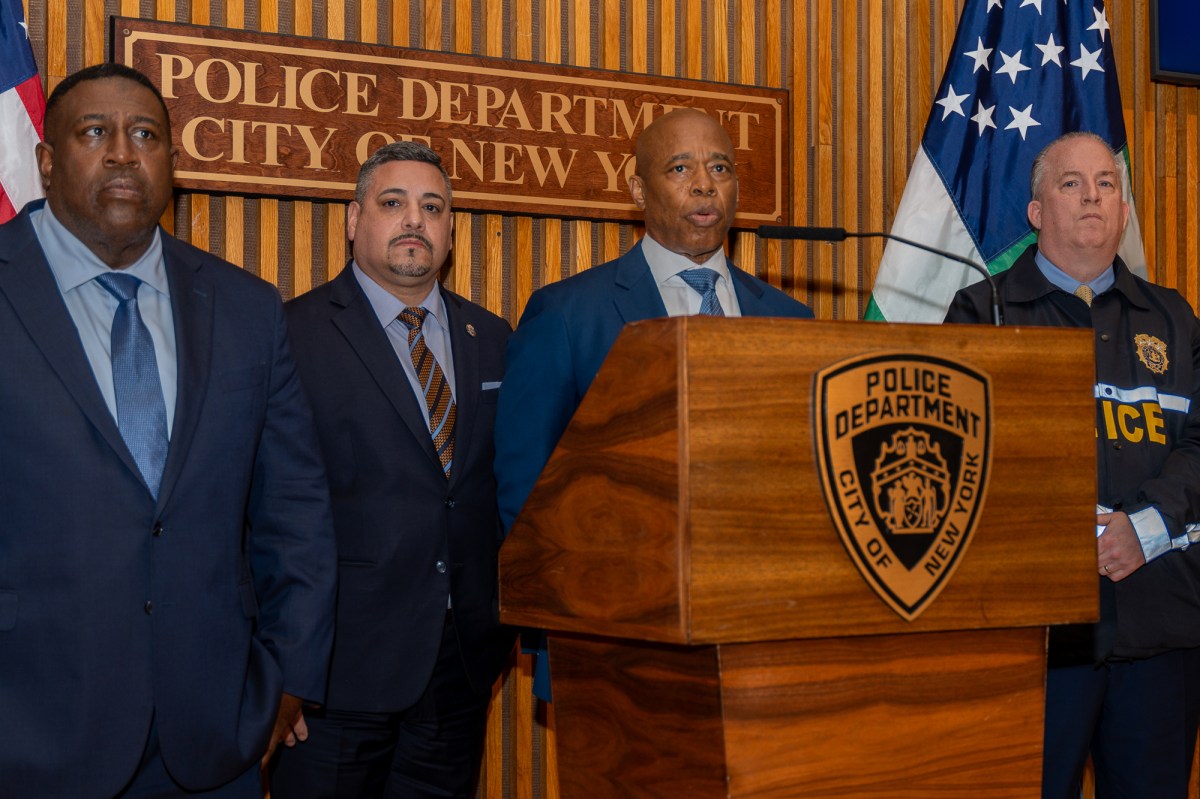By Gary Buiso
A compost recycling facility—or part of one—will not be coming to a dilapidated, currently closed playground on 2nd Avenue. In a narrow 15-12-3 decision, Community Board 6 this week rejected a proposal to use the Fran Brady Under the Tracks Playground as a temporary home for a mixing station for already composted material. The facility was proposed by the Manhattan-based Lower East Side Ecology Center, and was approved by the board’s Parks Committee last month. The not-for-profit organization was seeking to use a portion of the playground, located at 2nd Avenue between 9th and 10 streets, for mixing its potting soil product, for two days a week, for one year. Local residents filled the community board’s general meeting this week, prepared to blast the project. There was, according to resident Lorraine Muczyn, “unadulterated outrage” prior to the meeting. “What we are concerned with is a disregard for our opinions,” she said before the board’s vote. “How do four appointees—not elected by us—determine what is going to be in our neighborhood,” she asked, referring to the board’s Parks Committee, which met on Dec. 28. Muczyn said the organization does wonderful work, but that locating a facility on the playground is misguided. She said residents still await the renovation and restoration of the playground by the Metropolitan Transportation Authority and the city’s Department of Parks and Recreation. The MTA is expected to begin a capital renovation plan in 2007, which will repair the elevated subway tracks, which currently constitute a danger to those below. Once work is completed there, the agency will also repair subterranean pits in the playground. From there, it’s up to elected officials to allocate money for work on the playground, which now looks more like an abandoned set piece from the apocalyptic film “Escape From New York.” But waiting is something local residents are used to when it comes to this playground—it has sat fallow for years. The fear, some said, is that the temporary use as a partial composting facility could turn into a long-term use, forever closing the site to the public. The organization would have operated under the oversight of the Parks Department, which has said the agreement would be just one year. Board member Pauline Blake said the area has suffered a host of problems, and should not be expected to warmly accept the mixing facility. From crime to rats, Blake said, this section of Park Slope has had enough. “To take the playground away from them for any ecological project would be criminal,” Blake said. Member Anthony Pugliese put it this way, saying, “Parks [are] at stake here. This is a business…this is not people saving the world here.” Members who supported the project said its potential outweighed any negative impacts. “Our feeling was that even though the community people were frustrated, this seemed to be a good plan,” Parks Committee member Barbara Ginsberg said. “They’re not taking away parkland, they’re just using it differently for one year,” she added. The Ecology Center’s executive director, Christine Datz-Romero, called the board’s action, “unfortunate.” “In meetings we’ve had, people were bitter about the site, but I would argue that we would have brought something positive to that site.” She said the Parks Department wants to see community support for its plan, and without it, will not move ahead with the one-year agreement. Her organization last year collected 40 tons of organic waste, producing 10 tons of finished compost. Her group sells the compost, using the money for a host of community-based programs. The organization, which formed in the late 1980’s must find a new home soon, as it must relocate from its current location at East River Park, which is undergoing major renovations. “We need to go forward,” she said, adding that her group will still be looking for sites in Brooklyn. Craig Hammerman, the board’s district manager, said before the meeting that the scale of the project had been overblown. Local residents, he said, were being fed “wildly alarmist” information regarding the project, which continues its search for a home.

































